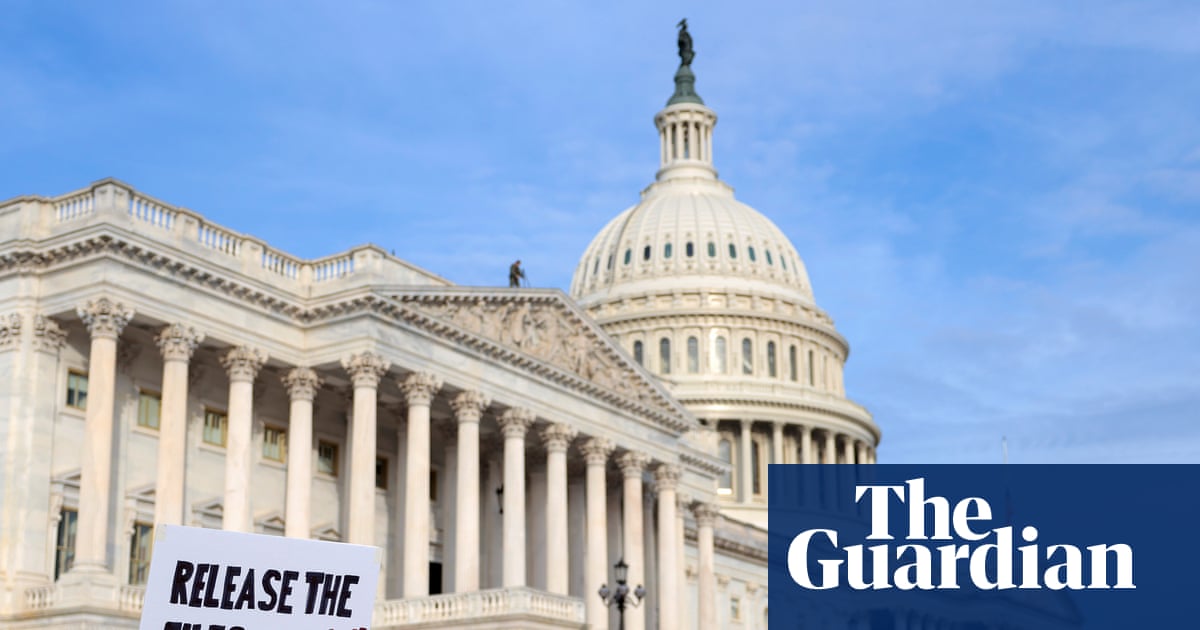By Jack Queen and Dietrich Knauth
(Reuters) -A trial beginning Wednesday in Portland, Oregon will determine whether President Donald Trump lawfully ordered the National Guard to the city to quell protests, a test of his controversial use of military force in American cities.
A federal judge will decide whether protests at an immigration facility in the city constituted a rebellion or prevented federal agents from enforcing the law, justifying the troop deployment, in what appears to be the first time the use of the law has been tested in a trial.
The deployment was a rare break with a centuries-old taboo against using troops on American soil.
CLAIMS OF VIOLENCE
The City of Portland and the Oregon attorney general’s office sued the Trump administration and accused it of acting unlawfully by moving to deploy troops, based on exaggerated claims of violence at protests against Trump’s crackdown on illegal immigration.
Portland is one of several Democrat-led cities, also including Los Angeles and Chicago, where Trump, a Republican, has deployed troops in recent months in response to what he describes as out-of-control protests disrupting the work of federal immigration agents.
Democrats have said the president is abusing his military powers.
The Portland case will go to trial without a jury before U.S. District Judge Karin Immergut.
STARKLY DIFFERENT PICTURES
Each side is expected to call witnesses and present documents to support their starkly different pictures of the protests, which began in June and have centered on an immigration detention facility in Portland.
Demonstrators have mostly been peaceful but have periodically clashed with agents and police seeking to clear them out.
Justice Department lawyers said in a Tuesday court filing that protesters had thrown rocks at officers, blocked entry to the ICE facility and engaged in vandalism. The filing said federal officers protecting the site are stretched thin and accused Portland police of mounting an inadequate response.
Oregon's lawyers countered that the protests were relatively minor and do not appear to have impeded immigration enforcement. They said in a Tuesday filing that the protests did not require a major police response and that the federal government had ample resources to contain them.
A federal judge in California found in September that the Trump administration’s National Guard deployment in Los Angeles this summer violated a different law prohibiting troops from doing domestic police work.
(Reporting by Jack Queen and Dietrich Knauth in New York; Editing by Tom Hals and David Holmes)

 German (DE)
German (DE)  English (US)
English (US)  Spanish (ES)
Spanish (ES)  French (FR)
French (FR)  Hindi (IN)
Hindi (IN)  Italian (IT)
Italian (IT)  Russian (RU)
Russian (RU) 























Comments